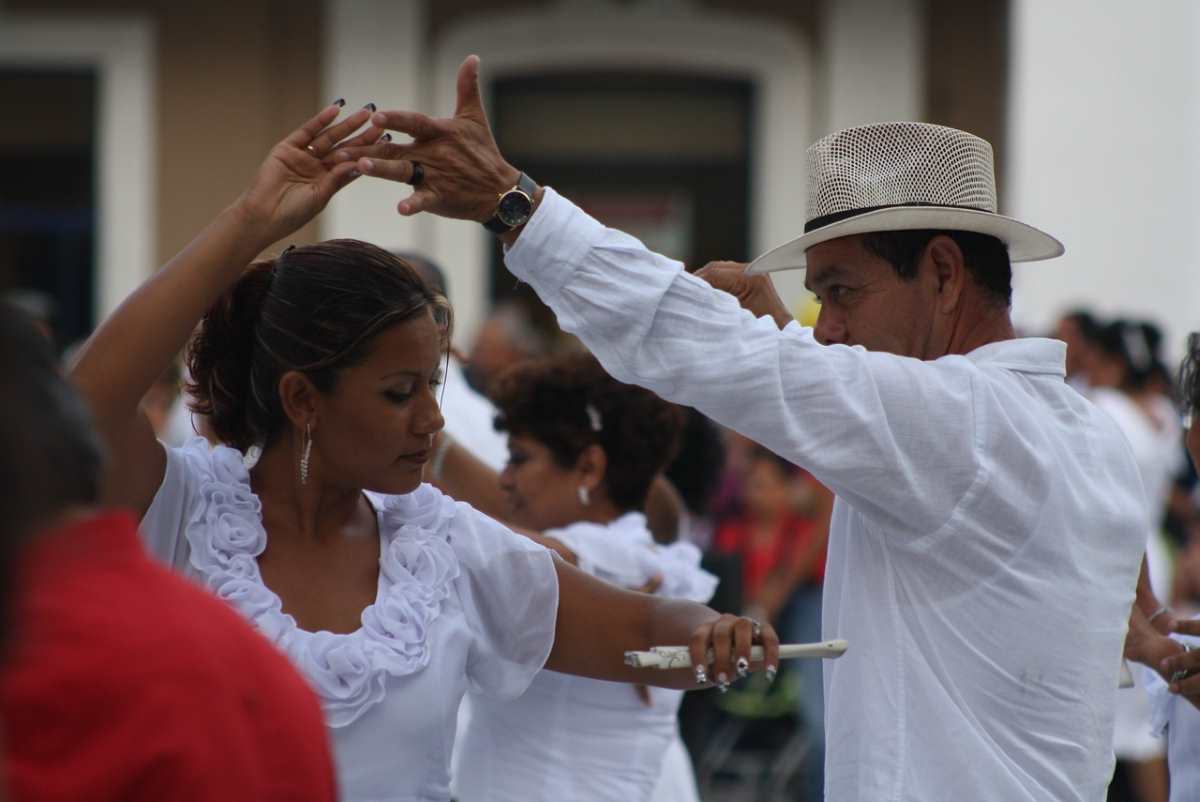How Modern Mexican Identities are Changing and Adapting
Discover the rich and diverse identities of modern Mexico in this article. From its indigenous roots to Spanish colonialism and modern multiculturalism, explore the history and culture that have shaped this fascinating country.





